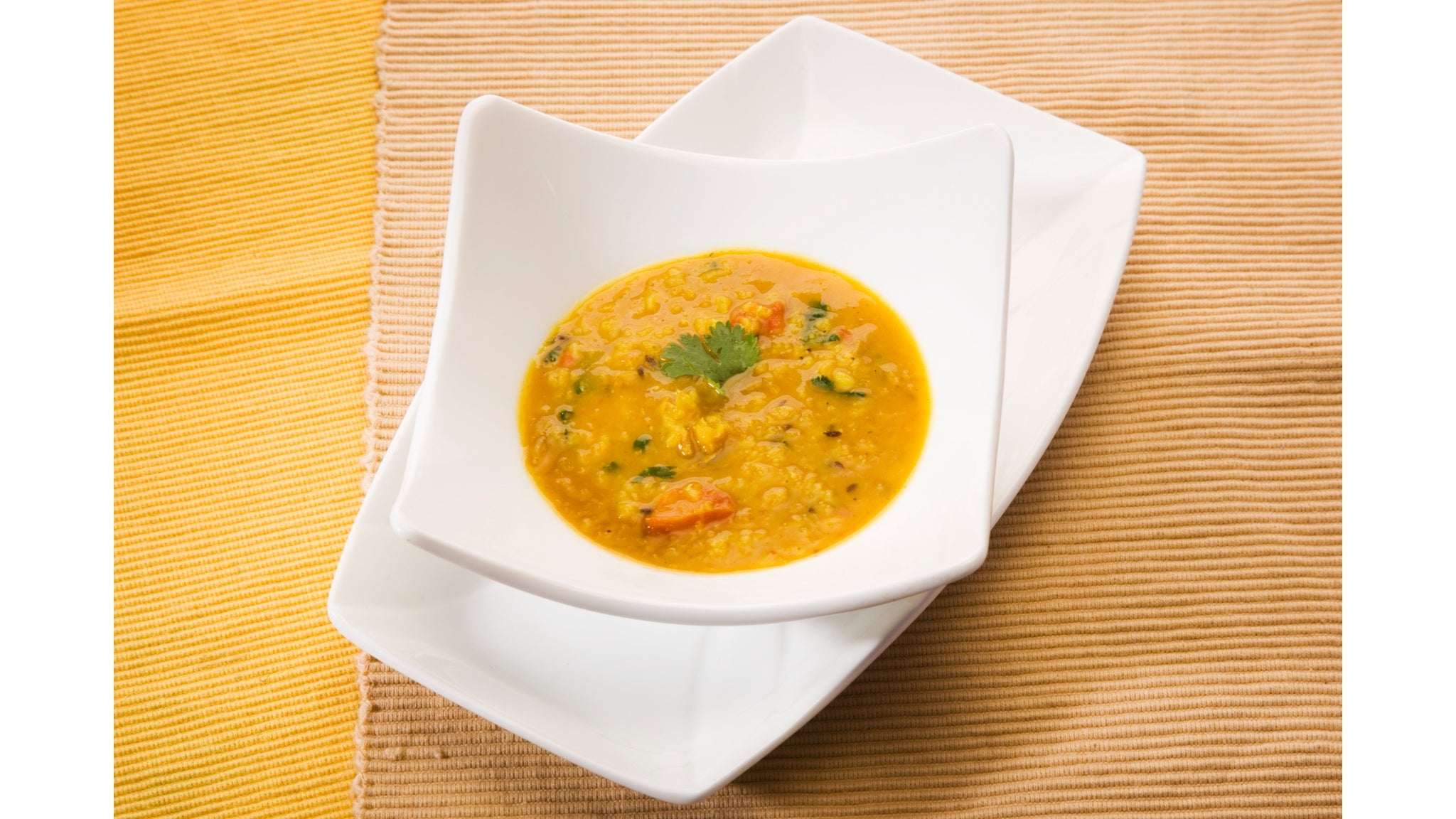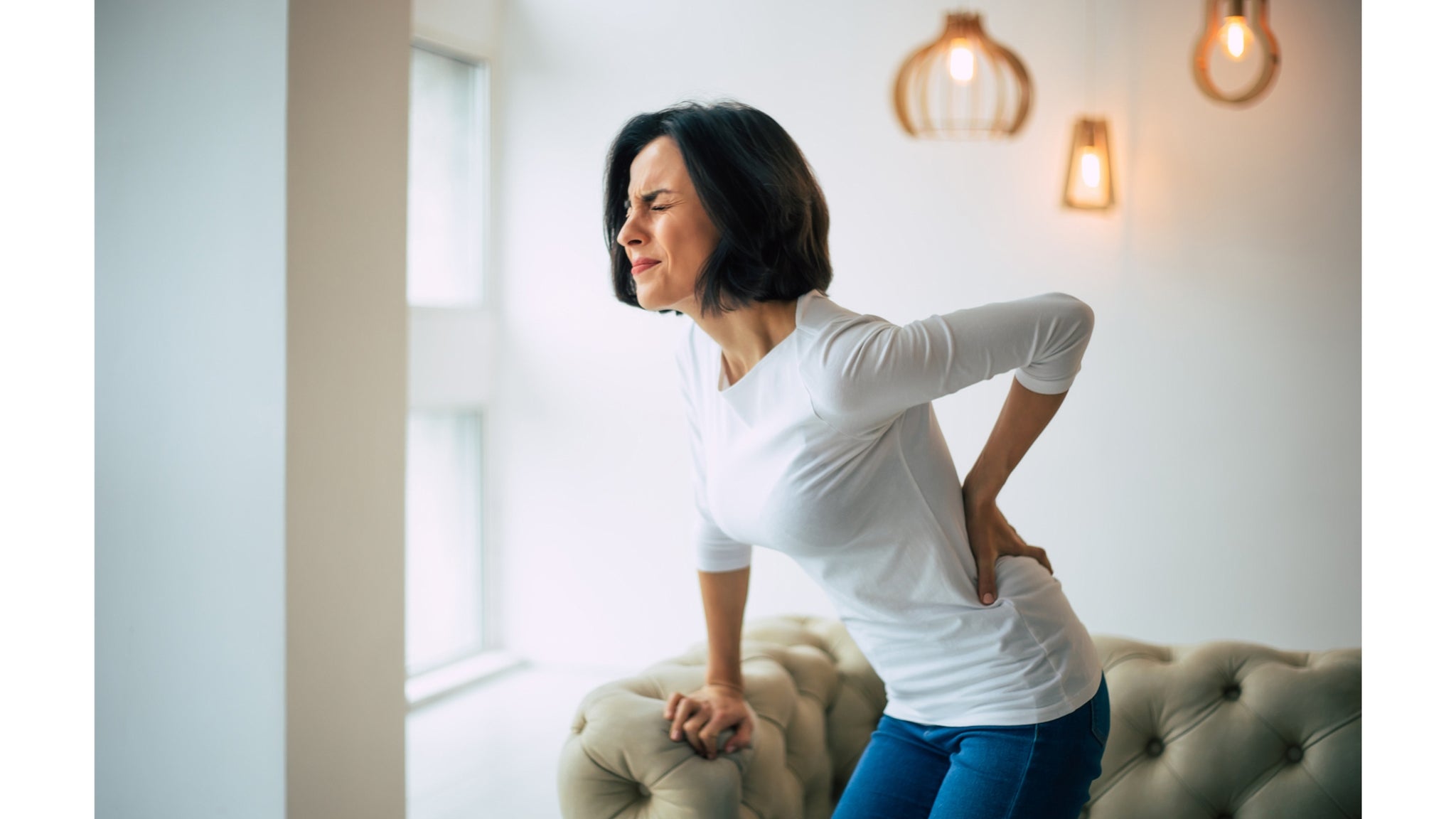
Rasayana Therapy with Gandhakaraja Rasayanam
Gandhakaraja Rasayanam is an herbal preparation containing sulphur as the main ingredient. This product is recommended for use after a person undergoes a successful panchakarma or other cleansing modalities. This herbal preparation will help bring balance within the tissues and is useful for the following symptoms.

Ayurveda’s Panchakarma Therapy
Panchakarma is Ayurveda’s therapeutic purification process that removes ama, or metabolic waste that accumulates in the body. Usually, ama is created from poor digestion that is caused by eating foods that are not suitable for your digestive capacity or eating too large of a quantity. Panchakarma is a therapeutic cleansing therapy that aims to remove the ama that has built up and also helps the body restore it’s normal functioning of the dosha.

Spring Cleanse with Tiktakam Kwatham
Tiktakam Kwatham is traditionally used during the spring season when there is an accumulation of ama or impurities in the body. The main herbs in Tiktakam Kwatham, such as patola, neem, and katuka, are known to have detoxifying and cleansing properties.

Managing Pain with Ayurveda
Ayurveda, the traditional system of medicine from India, recognizes pain as a symptom of an underlying imbalance in the body's doshas. Vata dosha is considered the main culprit behind pain, and each area of pain is associated with one of the five movements of vata. Pain that is generalized is linked to vyana vayu, headache to prana vayu and vyana vayu, abdominal pain to samana and apana vayu, and chest pain to prana vayu and udana vayu.

Spring is Allergy Season
Ayurveda views allergies as a sign of an imbalance in the body. According to Ayurveda, allergies are caused by the accumulation of "ama" or toxins, in the body. When the body is unable to eliminate ama, it builds up in the tissues and cause inflammation, which triggers allergic reactions.

Supporting Hemorrhoids with Ayurveda
Ayurveda recognizes a similar condition called arsha. According to Ayurveda, the root cause is improper eating and lifestyle habits. The tri-dosha energies of vata, pitta, kapha become aggravated which causes the vitiation of both vata and pitta dosha. The vitiated pitta dosha accumulates ama within the digestive system and vata dosha then obstructs the digestive channel.

Balancing High Blood Sugar with Ayurveda
High blood sugar is a very common symptom for many people and is also known as high glucose. When glucose is too high it’s because the body lacks enough insulin. Glucose is a by-product from all the foods we eat and is regulated by insulin. Insulin is a hormone that regulates the proper balance of glucose, and its purpose is regulate glucose from becoming too high or too low.

Ayurvedic Oils for Bone and Joint Health
Ayurveda utilizes oils for their nourishing qualities that are moistening, protecting and penetrating. Whether oil is used externally or internally the goal is to nourish and moisten the skin or tissues. Most commonly sesame oil is the oil of choice, however coconut, castor and ghee are also very important because each has its own unique qualities and purpose.

Healthy Skin and Ayurvedic Soaps
Ayurveda sees the skin as a major indicator for determining health. Assessing a person’s complexion, undertone color, texture, and compactness is one of the ways an Ayurvedic practitioner determines health. Many people with skin disorders utilize Ayurveda for its skin healing herbs, like khadira, neem, turmeric, guduchi, kutaja, and patola to help the skin heal.

